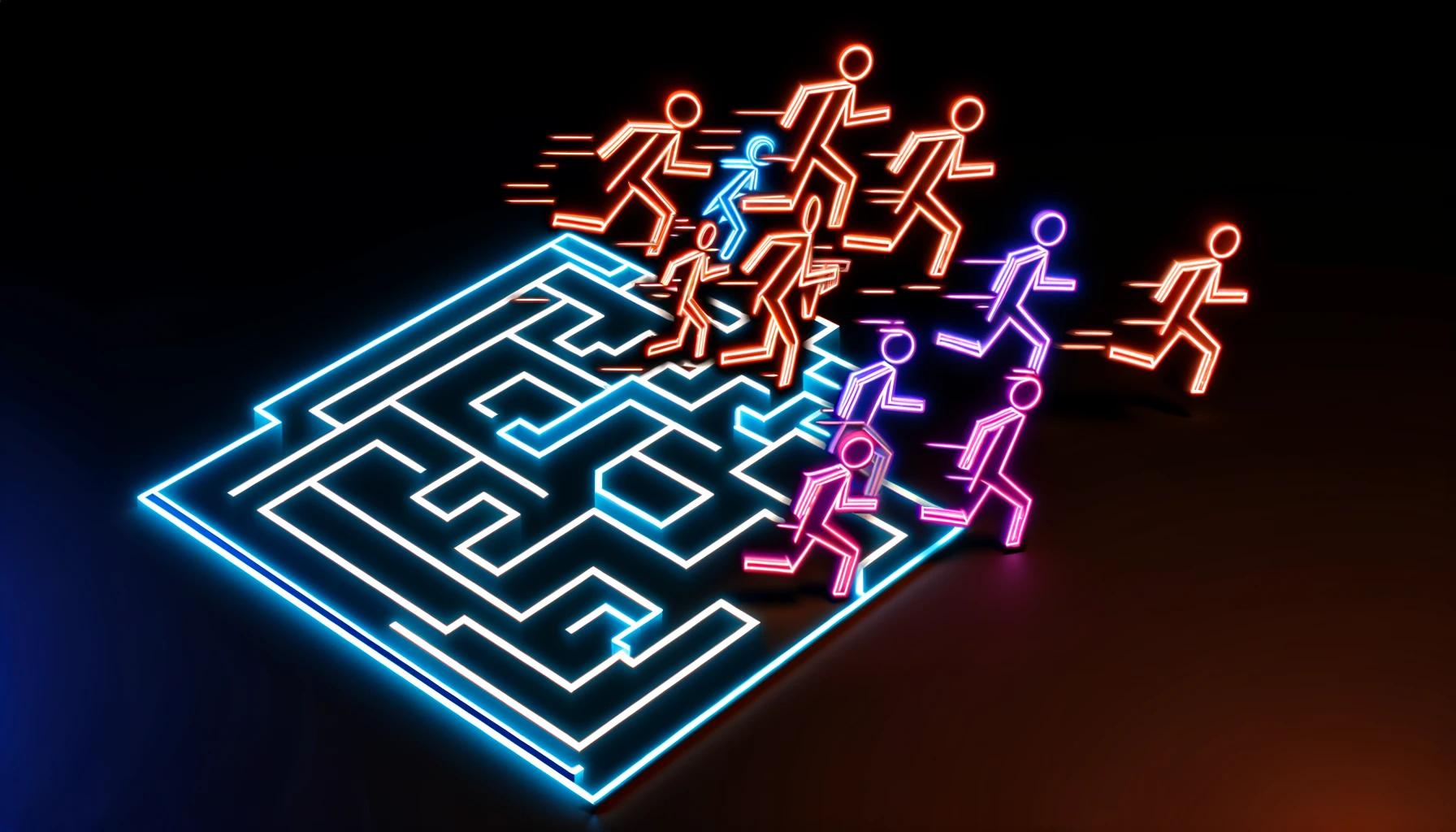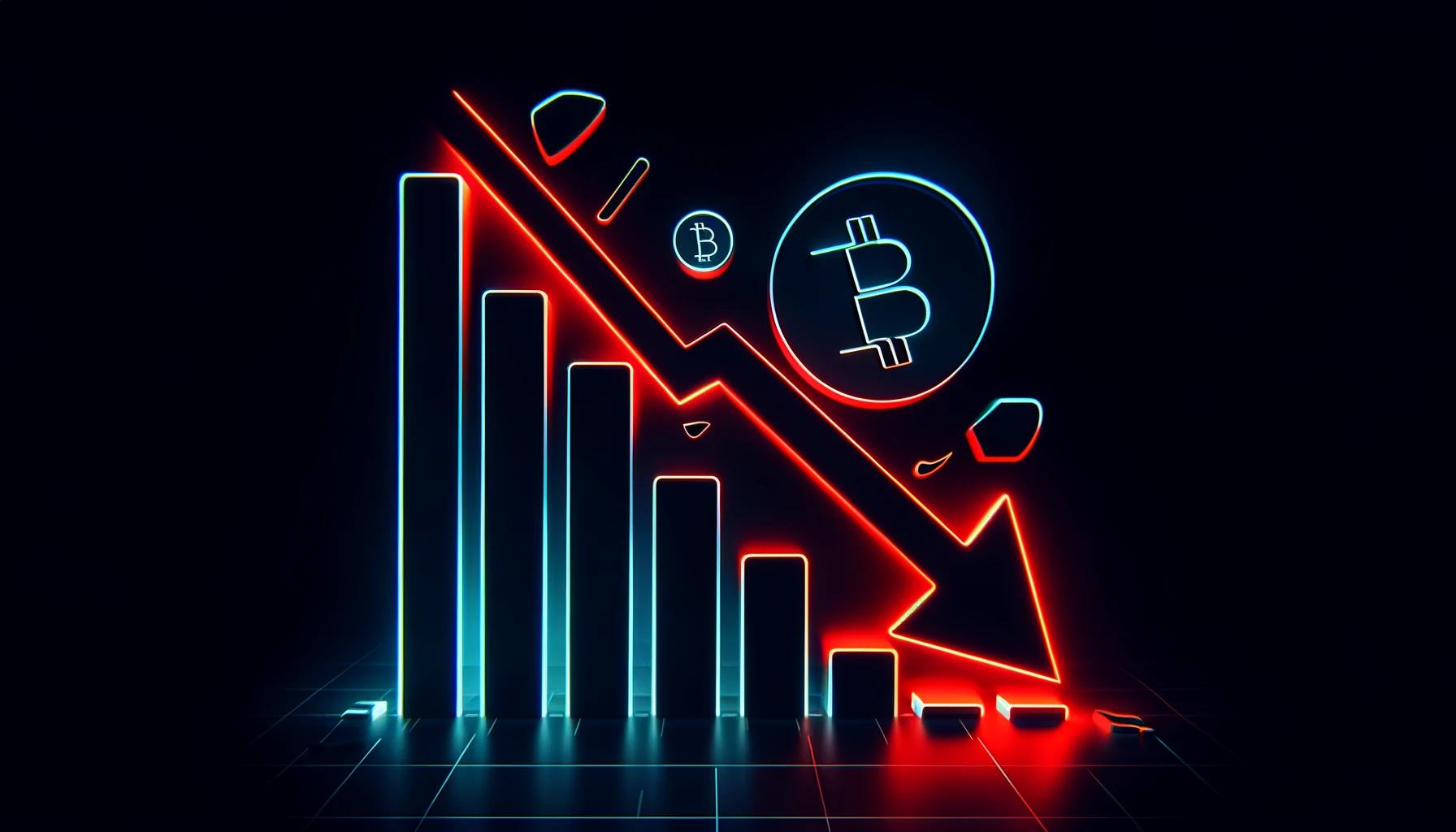
Much like cannabis, psychedelics are catching the eye of investors for their potential to break out of their classification of scheduled substances and move closer to becoming valuable tools in the treatment of mental health issues.
Researchers and public companies are currently gathering substantial evidence in phase 2 and phase 3 clinical trials for the therapeutic potential of psychedelic molecules in indications like PTSD, depression and substance addiction.
For now, autism spectrum disorders have, for the most part, remained outside the realm of psychedelic medicine. However, as research into psychedelics advances, some companies in the space are aiming to create psychedelics-based solutions targeting ailments in this category.
Psilocybin For Autism and Fragile X Syndrome
Autism spectrum disorders can have severe consequences in the lives of patients and their families. With a prevalence of approximately 1 in 54 children in the U.S., the estimated cost of autism for the average family reaches $60,000 a year through the patient’s childhood.
Disorders in this spectrum are some of the most common indications lacking a known cure or overall satisfactory solution. According to the nonprofit Autism Speaks, the economic cost of caring for Americans with autism reached $268 billion in 2015 and would rise to $461 billion by 2025 in the absence of more effective interventions and support across the patient’s life span.
Canadian biotech Nova Mentis Life Science Corp. (CSE: NOVA) (OTCQB: NMLSF) recently announced a partnership with Mycrodose Therapeutics to develop patented psilocybin products to treat neuroinflammatory disorders, with autism in mind.
Psilocybin is also known as the active compound in so-called “magic
mushrooms.”
The partnership intends to explore the use of psilocybin-based therapeutics in disorders such as fragile X syndrome and autism spectrum disorder, by using Mycrodose’s patented drug delivery systems with Nova Mentis’s proprietary version of psilocybin.
Dr. Marvin S. Hausman, chairman of Nova’s Scientific Advisory Board, said that psilocybin has shown promising results in preclinical models of fragile X syndrome and autism spectrum disorder in sub-hallucinogenic doses tested in four preclinical trials.
The company added, in an email, that based on preclinical research, psilocybin could improve symptoms such as anxiety and cognition problems which are typical in ASD patients.
Researchers hope that psilocybin could have even deeper effects than merely treating autism spectrum symptoms in fragile X syndrome.
Possible treatments would involve low doses of psilocybin (colloquially referred to as “microdoses”), allowing for a broadened patient base and possible pediatric applications.
Fragile X syndrome, a genetic condition that causes a variety of developmental problems including learning disabilities and cognitive impairment, is associated with autism as one in three individuals with fragile X syndrome presents…
Read more:Magic Mushrooms and Ecstasy: New Treatment For Autism Spectrum Disorders?









 Bitcoin
Bitcoin  Ethereum
Ethereum  Tether
Tether  Solana
Solana  USDC
USDC  XRP
XRP  Lido Staked Ether
Lido Staked Ether  Dogecoin
Dogecoin  Toncoin
Toncoin  Cardano
Cardano  Shiba Inu
Shiba Inu  Avalanche
Avalanche  TRON
TRON  Polkadot
Polkadot  Wrapped Bitcoin
Wrapped Bitcoin  Bitcoin Cash
Bitcoin Cash  Chainlink
Chainlink  NEAR Protocol
NEAR Protocol  Polygon
Polygon  Internet Computer
Internet Computer  Litecoin
Litecoin  LEO Token
LEO Token  Uniswap
Uniswap  Dai
Dai  First Digital USD
First Digital USD  Aptos
Aptos  Ethereum Classic
Ethereum Classic  Hedera
Hedera  Cosmos Hub
Cosmos Hub  Cronos
Cronos  Stellar
Stellar  Stacks
Stacks  Filecoin
Filecoin  Mantle
Mantle  Render
Render  Pepe
Pepe  Immutable
Immutable  OKB
OKB  Renzo Restaked ETH
Renzo Restaked ETH  XT.com
XT.com  Optimism
Optimism  Arbitrum
Arbitrum  Sui
Sui  dogwifhat
dogwifhat  Bittensor
Bittensor  Wrapped eETH
Wrapped eETH  Maker
Maker